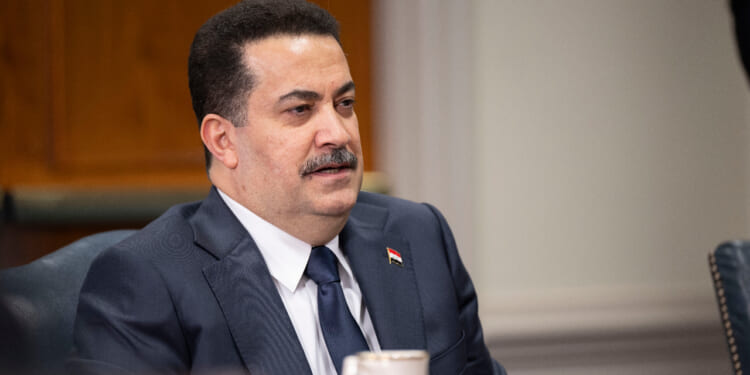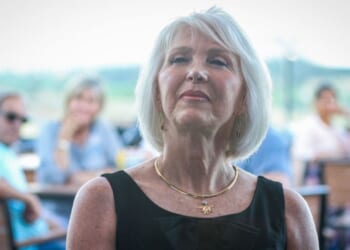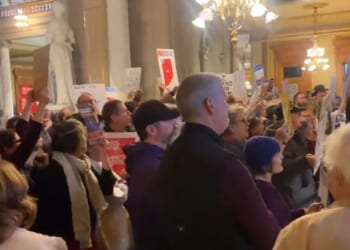As Iraq prepares for parliamentary elections on November 11, deep political rivalries and fading foreign influence are reshaping the country’s future.
Iraq heads to the polls on November 11 for parliamentary elections that could further entrench the dominance of the Shia Coordination Framework while exposing the country’s deep political divides and waning foreign influence. In the latest episode of the Divergences podcast, Center for the National Interest Senior Fellow Joshua Yaphe speaks with Tamer al-Badawi, an associate fellow at both the Royal United Services Institute (RUSI) and the Center for Applied Research in Partnership with the Orient (CARPO), about what is at stake for Baghdad and Washington alike.
“The coordination framework would be divided into three segments,” al-Badawi explains, describing rifts within the Iran-aligned bloc that currently governs Iraq. “The first one is represented by former Prime Minister Nouri al-Maliki, where he is trying to prevent current Prime Minister Mohammed Shia al-Sudani from securing a second term. The second part is represented in the current prime minister, and the third segment is basically swinging [between the two.]”
Despite boycotting the election, populist cleric Muqtada al-Sadr remains a looming force. “He’s keeping all of his cards ready,” al-Badawi explains. “He asked his followers to update their biometric voter cards in April … he realizes that because of the geopolitical volatility of the region, many scenarios could unfold, and therefore he would like to be ready for everything.” Sadr, he adds, “is playing the long game. He wants to see his rivals weakened in the government, and then he has the higher ground.”
Prime Minister Sudani is also performing a balancing act between Tehran and Washington. His outreach to Western and regional partners, including attendance at the Sharm el-Sheikh conference on Gaza, was a “gesture to please US President Donald Trump,” al-Badawi argues, saying Sudani “wanted to provide enough evidence that he can play ball with the US so that he can secure a second term.”
Still, American influence is not what it once was. “I don’t personally feel the US has as much influence as it once had,” Yaphe observes, asking whether that vacuum allows Iraq to chart an independent course. Al-Badawi believes Tehran still has considerable influence, but Washington “does have its sort of influence through those rapid ultimatums … ‘disarm or we strike,’” warning that Iraq’s next leader will need “national dialogue … agreeing that this is not the stage where we need armed groups.”
Still, he predicts the Coordination Framework will dominate the vote “because who else is running against them?”
Listen now on Apple, Spotify, or wherever you get your podcasts.
About the Speakers:
Joshua Yaphe is a senior fellow at the Center for the National Interest and was a senior analyst for the Arabian Peninsula at the US State Department’s Bureau of Intelligence and Research. He has a PhD in History from American University in Washington, DC, and is the author of Saudi Arabia and Iraq as Friends and Enemies: Borders, Tribes and a History Shared. In 2020, he was a visiting fellow at the National Council on US-Arab Relations, and from 2022 to 2024 he served as a visiting faculty member at the National Intelligence University. His latest book, Time and Narrative in Intelligence Analysis: A New Framework for the Production of Meaning, is available for free in an Open Access online edition.
Tamer al-Badawi is an Associate Fellow at both the Royal United Services Institute (RUSI) and the Center for Applied Research in Partnership with the Orient (CARPO). He also writes on Substack, where he publishes The Iraq Nexus, a weekly analysis and news update.
Image: Prime Minister of Iraq Mohammed Shia al-Sudani at the Pentagon, April 15, 2024 (US Department of Defense photo by US Navy Petty Officer 1st Class Alexander Kubitza).















